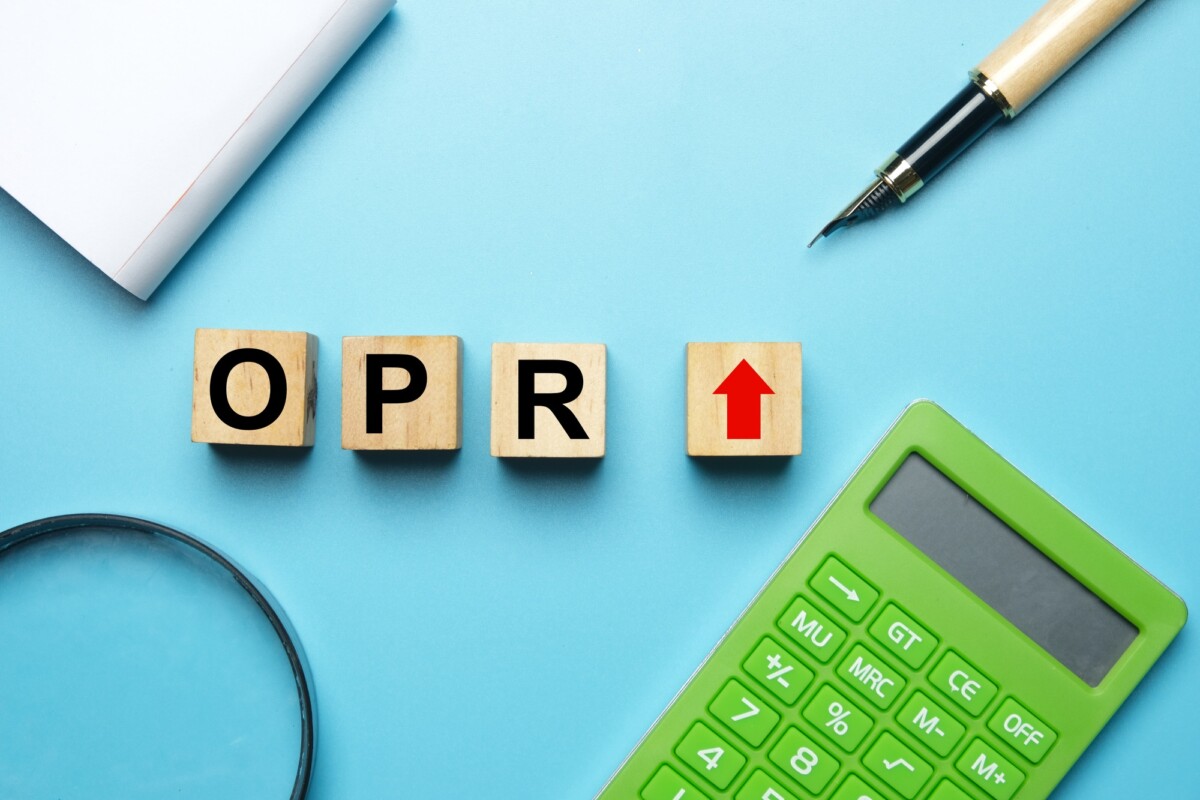Expecting A Baby? How To Choose Life Insurance
Do you have a baby on the way So you’ve probably spent the last few months preparing to deliver your bundle of joy? In addition to decorating the nursery, stuffing diapers, and planning your parental leave, you can also add “buy life insurance” to your baby’s to-do list.
Life insurance can help ensure a secure financial future for your growing family. If you or your partner die, the benefits can be used to replace income, pay off debt, cover living expenses, or pay for your child’s future college expenses.
But what type of life insurance might be right for your family? Here are some questions you might want to ask yourself.
WHAT LIFE INSURANCE DOES MY FAMILY NEED?
Each family’s insurance needs are unique. It may, therefore, be helpful to first use a life insurance calculator to determine how much coverage you might need.
You may want to consider your family’s immediate and future financial needs when choosing life insurance. Here are a few things to keep in mind:
- If you have a mortgage, how much do you owe?
- What other debts (like car loans, lines of credit, etc.) does your family have?
- Would you like to help pay your child’s school fees someday?
- After death, could a surviving spouse work to cover the costs?
Ultimately, you may want to work with a life insurance agent to determine how much coverage may be sufficient. An agent can help you select a coverage limit based on your current assets, future needs, financial priorities, etc.
What Type Of Life Insurance Can I Pay For?
There are two main types of life insurance: term life insurance and permanent life insurance. Your family’s financial situation can help you determine both the type of policy you need and the optimal length of your policy.
Life Insurance
If you want your policy to be valid for a specific period, eg. For example, until your child finishes school or a 30-year mortgage is paid off, you might want to consider term life insurance. Term life insurance covers a specific period (usually between one and 30 years).
Term life insurance can also be a good option if you are young and wondering if you can afford life insurance now and in the future. Life insurance premiums – the amount you pay to keep a policy in place – depends in part on your age and health when the policy was written, according to the Insurance Information Institute (III) . Depending on the terms of the policy, the premium may remain the same for the duration of the policy.
Permanent Life Insurance
If you want life insurance, permanent life insurance may be an option. You will generally pay higher monthly premiums because this type of insurance provides lifetime protection as long as the premiums are paid. This means that no matter when you die, the insurance benefit is paid to your beneficiaries.
Permanent life insurance also often includes a savings component called “cash value” which can add to the higher premium, says III. However, in addition to the death benefit, that means your policy accumulates cash savings that you can access while you are alive.
IS MY EMPLOYER’S LIFE INSURANCE PLAN SUFFICIENT?
Your employer may already offer you life insurance as a benefit. However, for several reasons, it may be wise to purchase additional insurance yourself.
First, your work-life insurance may not provide enough coverage for your family’s financial situation. If you have a spouse or children, Investopedia recommends that you cover five to eight times your annual salary. It’s a good idea to check the coverage limits of an employer-provided policy and see if it can increase the death benefit.
If you purchase your own life insurance, coverage does not depend on your employment status. In other words, you can resume politics if you change jobs.
When planning for the immediate needs of your growing family, take the time to include your future needs.




